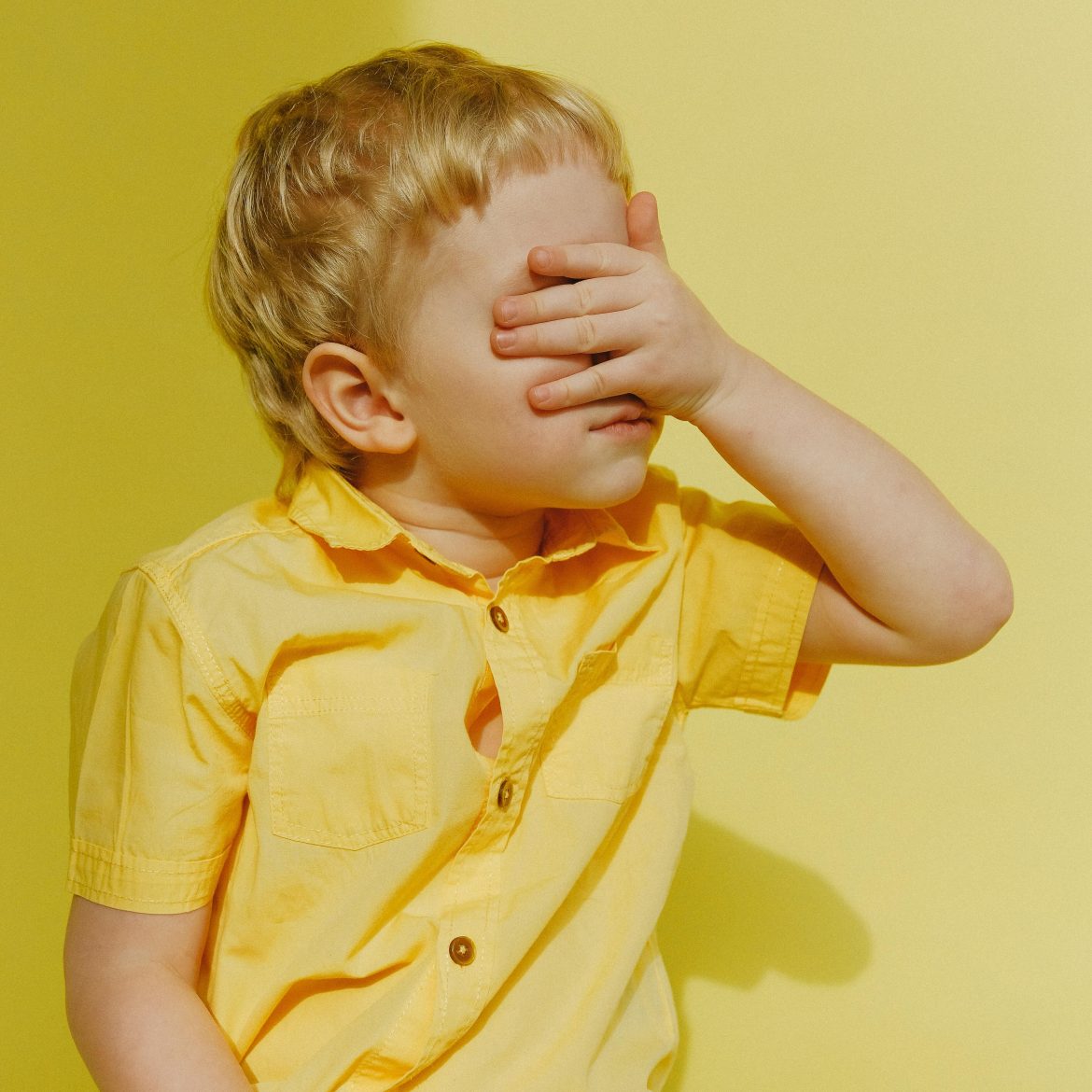Oversharing content about your child’s life via social media – also known as ‘sharenting’ – won’t just bore your old school friends. It raises serious questions about privacy, consent, identity theft and safety.
Sharenting 101
A portmanteau of ‘sharing’ and ‘parenting’, sharenting ‘is when parents over-use social media to share content featuring their children, such as baby pictures or details of their activities, ‘says attorney Sarah Hoffman, the co-founder of Klikd, a company that provides parents with, teens, tweens with tools to be able to use social media responsibility, happily and safely.
What’s wrong with posting snaps of your little ones for friends and family to enjoy? In an ideal world, nothing. But the internet is not the safe place many of us blithely assume it to be and we’re still catching up to the consequences of our increasingly connected lives.
When Facebook first launched, for example, we had no inkling of the reams of personal data we were unwittingly giving up in exchange for a convenient way to connect with others. Likewise, Sarah says the majority of questionable sharenting is actually done with the best of intentions. ‘This is what we’re used to. We exist in a culture of sharing everything online, and we want people – overseas relatives, for example – to connect with our children’s lives. Even so, there are a few things you need to consider before your next proud sharenting post:
Tips for safer Sharenting
Get consent
As soon as your child is old enough to have an understanding of what consent means, you need to get it from them before posting anything’ says Sarah. ‘If they are too young to understand social media, consider how they may respond to that question when they’re older. ‘
Limit personal information
Don’t share geotags, full names, addresses or birthdays, or anything in their school uniform.
Switch to private
Check your privacy settings to make sure your posts are not visible to the genera public. Even more importantly, by discerning about who you allow to follow you. It’s no good having a private account if you accept friends or follow requests from random strangers.’
Consider every photo
Really think about whether a photo is going to embarrass your child, or if it could be misconstrued in any way in the future. If you have any doubt, rather don’t post it.’
Absolutely no nudes
‘As cute as your little toddler is in the bath or running naked on the beach, there are unfortunately really dodgy characters online who could take that photo and use it for obscene purposes. I would strongly suggest that you post absolutely no nude photos whatsoever’.
ALSO SEE:
Entertain the whole family: where to go and what to do this Easter weekend
Feature Image: Pexels

